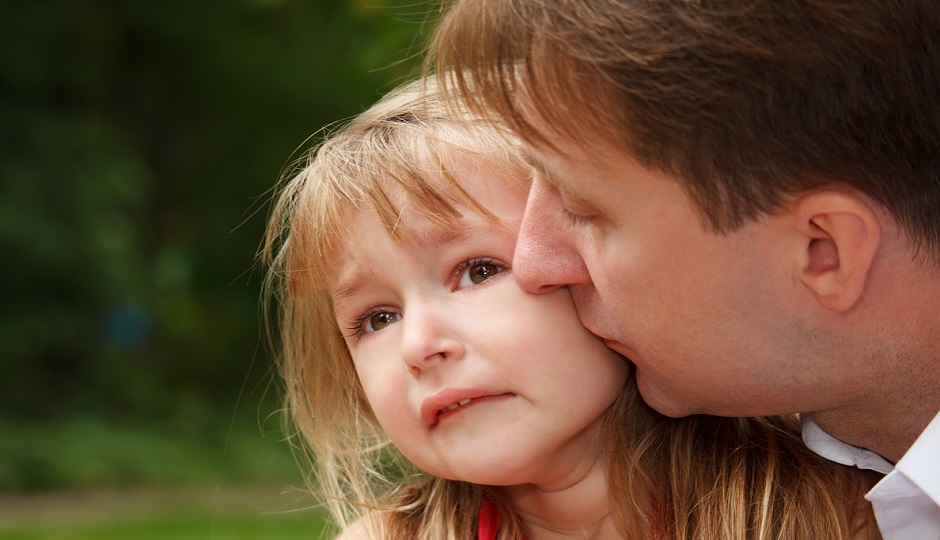
The scientific community recognizes that fathers today are increasingly involved in their children’s lives, noting various types of commitments and positive impacts on family members.
The father plays an important role and his integration is critical from the perspective of prevention and support in his child’s adaption. Unfortunately, the willingness and efforts invested quickly dwindle when fathers find themselves in difficulty or vulnerable situations that undermine their role as a parent.
The father plays an important role and his integration is critical from the perspective of prevention and support.
This research project charted these vulnerable situations, determining the personal, marital, familial, social and cultural characteristics of fathers—plural realities that inevitably give rise to diverse needs. There is a broad consensus to implicitly acknowledge the need of fathers to feel competent, be recognized as an important stakeholder by those around them and remain emotionally and financially stable. In order to assess the response to these needs, the project also documented the state and evolution of the support mechanisms available to fathers. The encouraging findings highlight the range of resources accessible across Québec.
However, there are recurring obstacles that have persisted for many years, including funding and employee turnover and users who face increasingly serious challenges and who cannot be referred elsewhere due to a lack of specialized services. Bearing in mind that the conclusions are not ends in themselves but rather constitute steps or levers, the study is focused on the future and outlines avenues for action to better reach and support fathers in vulnerable situations for everyone’s wellbeing.
Main researcher
Diane Dubeau, Université du Québec en Outaouais
Deposit of the research report: May 2013
